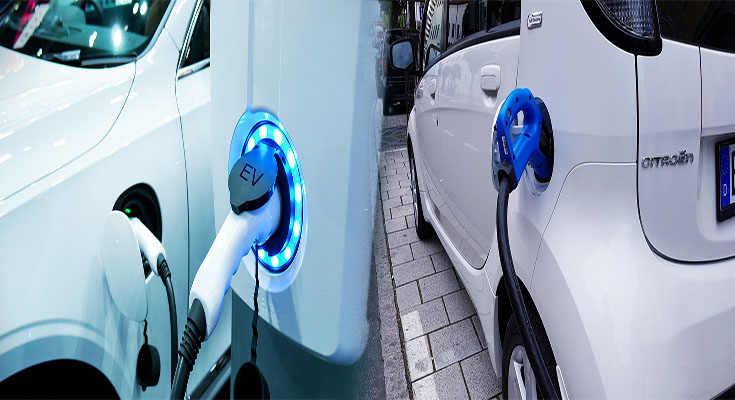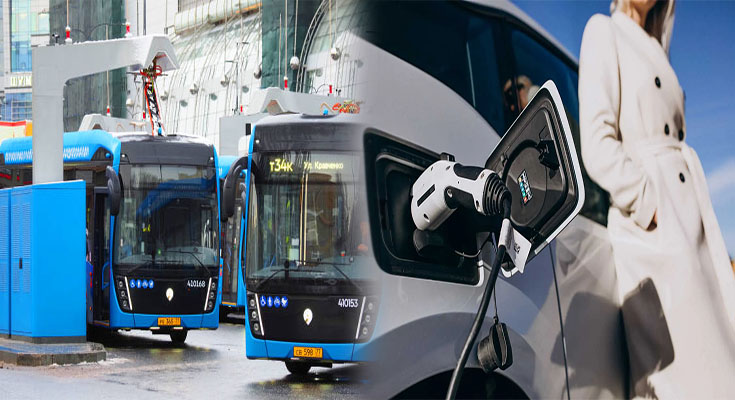Infrastructure Challenges for Transportation Electric Vehicle Adoption
As the world transitions towards sustainable energy and transportation, the adoption of electric vehicles (EVs) is seen as a key solution to reduce emissions and combat climate change. However, the widespread adoption of electric vehicles faces significant infrastructure challenges, particularly in the development of charging infrastructure. The following article discusses the infrastructure challenges hindering the mass adoption of electric vehicles in transportation.
Charging Infrastructure
A critical challenge for the widespread adoption of electric vehicles is the development of a comprehensive charging infrastructure. Unlike conventional vehicles that can swiftly refuel at numerous gas stations, electric vehicles rely on accessible and reliable charging stations. The establishment of an extensive network of charging stations, including fast-charging infrastructure, is imperative to alleviate range anxiety and encourage consumers to transition to electric vehicles.
Urban and Suburban Infrastructure
In urban and suburban areas, accommodating the charging needs of the increasing number of electric vehicles poses a …













